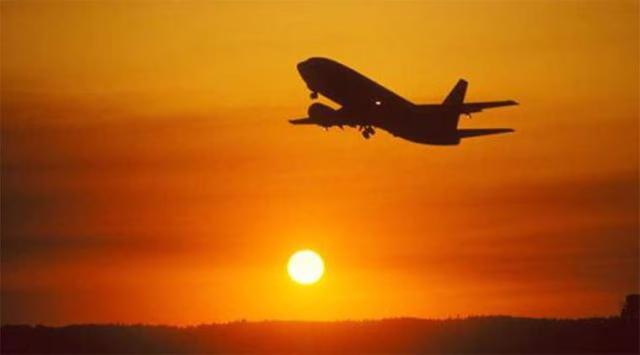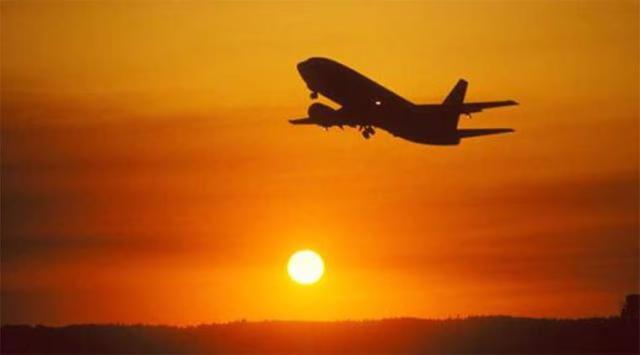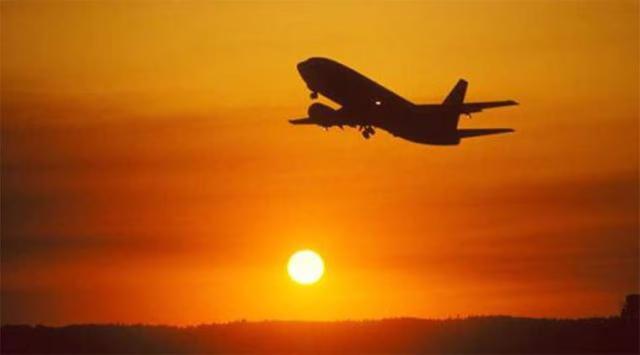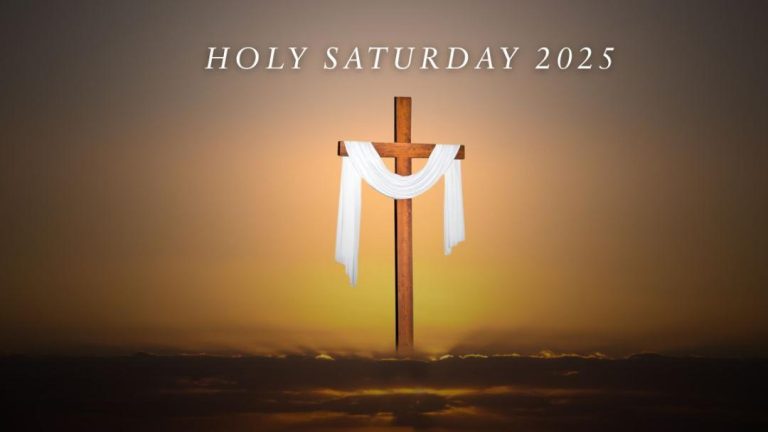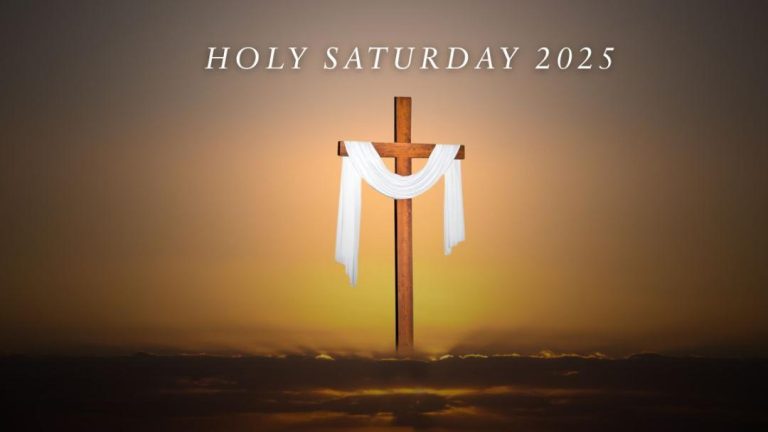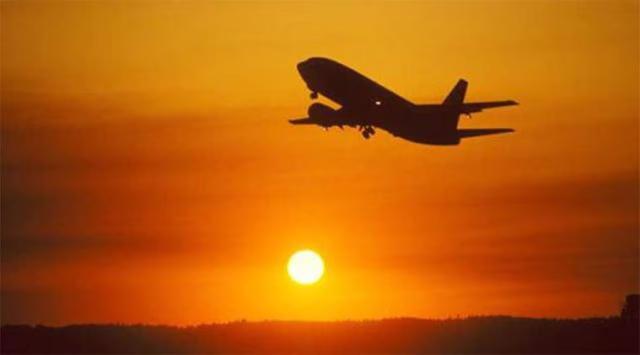
Class 12 Physics & Math requirement for becoming commercial pilot might be scrapped: Report
The Indian aviation industry has been witnessing significant growth in recent years, with an increasing demand for commercial pilots. To meet this demand, the Directorate General of Civil Aviation (DGCA) is planning to scrap the current rule that requires students to have studied Physics and Math in Class 12 to be eligible for commercial pilot licence training. This move is expected to open up new opportunities for students from various streams, including Arts and Commerce, to pursue a career in commercial aviation.
As per the current rules, only students who have studied Physics, Math, and Chemistry in Class 12 are eligible to pursue a commercial pilot licence. This restriction has been in place since the mid-1990s, and has limited the pool of applicants for commercial pilot training. However, the DGCA is now considering relaxing this rule to allow students from other streams to apply for commercial pilot training.
The decision to scrap the Physics and Math requirement is expected to benefit students who may not have a strong background in these subjects, but still have an interest in flying. This move is also expected to increase the diversity of candidates applying for commercial pilot training, which could lead to a more talented and diverse pool of pilots.
The DGCA’s decision to scrap the Physics and Math requirement is part of a broader effort to increase the supply of pilots in India. The Indian aviation industry is expected to require over 7,000 new pilots in the next five years to meet the growing demand for air travel. The DGCA has been working to increase the supply of pilots by relaxing regulations and providing more opportunities for students to pursue a career in commercial aviation.
The relaxation of the Physics and Math requirement is expected to be welcomed by students who may not have had the opportunity to pursue a commercial pilot licence due to the current restrictions. This move is also expected to benefit students who may have had to choose between pursuing a commercial pilot licence and other career options due to the limited opportunities available.
The decision to scrap the Physics and Math requirement is also expected to benefit the Indian aviation industry as a whole. By increasing the supply of pilots, the industry is expected to be better equipped to meet the growing demand for air travel. This could lead to more flights, more routes, and more job opportunities for pilots and other industry professionals.
However, not everyone is pleased with the decision to scrap the Physics and Math requirement. Some have expressed concerns that the move could compromise the safety of air travel. They argue that pilots require a strong understanding of Physics and Math to operate complex aircraft safely and efficiently.
In response to these concerns, the DGCA has emphasized that the relaxation of the Physics and Math requirement will not compromise the safety of air travel. The DGCA has stated that all pilots will still be required to undergo rigorous training and testing to demonstrate their ability to operate complex aircraft safely and efficiently.
The DGCA’s decision to scrap the Physics and Math requirement is expected to have significant implications for students and the Indian aviation industry as a whole. While the move is expected to increase the diversity of candidates applying for commercial pilot training, it also raises concerns about the safety of air travel.
As the DGCA moves forward with its plans to relax the Physics and Math requirement, it will be important to carefully consider the implications of this decision. The DGCA must ensure that any changes to the rules do not compromise the safety of air travel, while also providing more opportunities for students to pursue a career in commercial aviation.
In conclusion, the DGCA’s decision to scrap the Physics and Math requirement for commercial pilot training is a significant development in the Indian aviation industry. While the move is expected to increase the diversity of candidates applying for commercial pilot training, it also raises concerns about the safety of air travel. As the DGCA moves forward with its plans, it will be important to carefully consider the implications of this decision and ensure that any changes to the rules do not compromise the safety of air travel.
